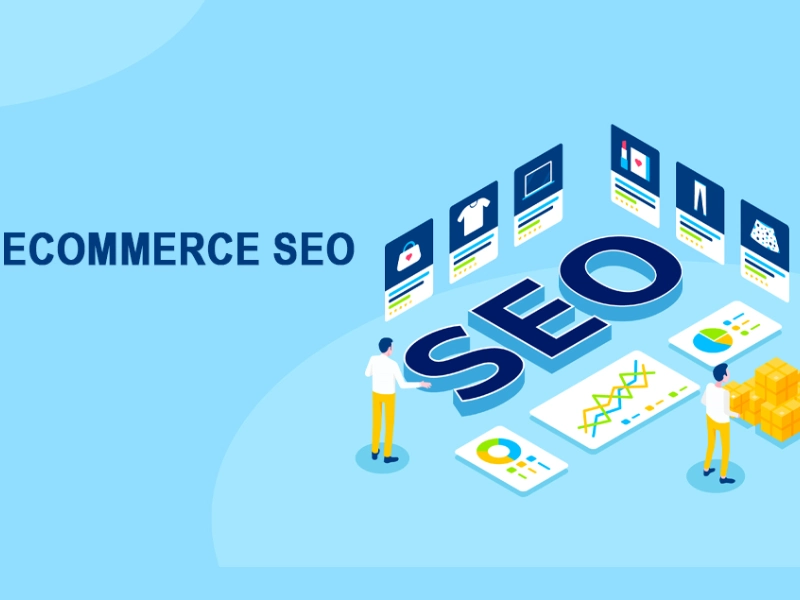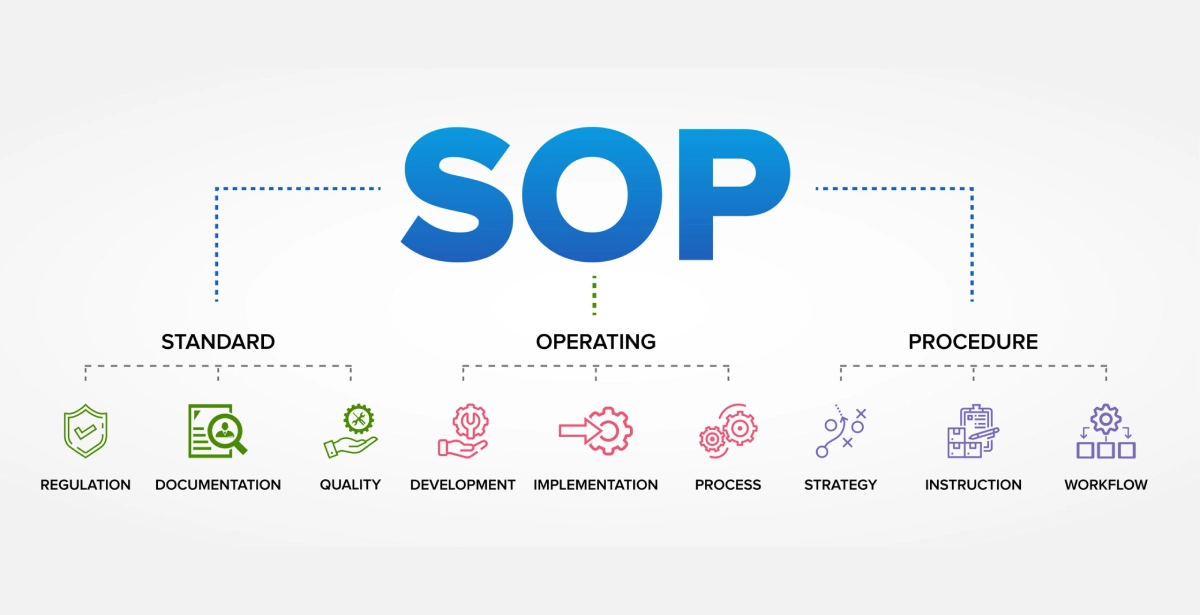E-Commerce SEO Sops
E-Commerce SEO SOPs: A Comprehensive Guide for Success
In the ever-evolving world of online retail, Search Engine Optimization (SEO) is crucial for driving traffic, boosting visibility, and increasing sales. For e-commerce businesses, SEO involves a systematic approach to optimize product pages, categories, and content to improve search rankings. This guide outlines essential SEO Standard Operating Procedures (SOPs) under six key subheadings to help you create a robust e-commerce strategy.
1. Keyword Research: Laying the Foundation
The cornerstone of any effective SEO strategy is keyword research. For e-commerce, this step is critical as it helps identify search terms your target audience uses to find products. Here’s how to conduct effective keyword research:
- Identify Buyer Intent Keywords: Focus on high-intent keywords such as “buy,” “cheap,” “best,” or “free shipping.”
- Use Tools: Leverage tools like Google Keyword Planner, SEMrush, or Ahrefs to analyze search volume, competition, and related terms.
- Competitor Analysis: Examine competitors’ websites to discover ranking keywords and gaps in your strategy.
- Focus on Long-Tail Keywords: These specific phrases often have lower competition and higher conversion potential, such as “men’s leather jackets under $100.”
- Local Keywords: Include geo-specific keywords to target local audiences, especially if your e-commerce platform offers regional shipping.

2. On-Page Optimization: Perfecting Your Product Pages
On-page SEO for e-commerce revolves around optimizing individual product and category pages. Each element must be tailored for both search engines and customers. Follow these steps:
- Title Tags and Meta Descriptions: Include primary keywords and make them compelling to increase click-through rates. For example, “Buy Red Sneakers – Free Shipping | BrandName.”
- Product Descriptions: Write unique, engaging descriptions that highlight product benefits, features, and use cases. Avoid duplicate content.
- Alt Text for Images: Use descriptive keywords in alt text to improve image search rankings.
- URL Structure: Keep URLs short, keyword-rich, and user-friendly (e.g.,
/mens-leather-jackets/).
3. Technical SEO: Ensuring a Smooth Backend Operation
Technical SEO ensures that your e-commerce site is crawlable, indexable, and secure. A robust technical foundation is essential for long-term success. Here’s what to prioritize:
- Site Speed: Optimize images, use caching, and leverage Content Delivery Networks (CDNs) to ensure fast page load times.
- Structured Data Markup: Implement schema markup for products, reviews, and pricing to enhance search results with rich snippets.
- Canonical Tags: Use canonical tags to prevent duplicate content issues for similar product pages.
- XML Sitemap: Regularly update and submit your sitemap to search engines for better indexing.
- Robots.txt: Ensure your robots.txt file allows search engine crawlers to access important pages.
- Secure HTTPS Protocol: An SSL certificate not only secures your website but also improves SEO rankings.
4. Content Strategy: Creating Value Beyond Products
Content marketing can drive traffic, establish authority, and improve customer engagement. A well-rounded e-commerce SEO SOP should include a content strategy. Key points include:
- Blog Posts: Write informative blogs on topics related to your products, such as style guides, how-to tutorials, or industry trends.
- Buying Guides: Create comprehensive guides to help customers make informed purchasing decisions.
- User-Generated Content: Encourage reviews, ratings, and testimonials, which add credibility and improve SEO.
- Video Content: Incorporate videos such as product demos or unboxings for higher engagement.
- FAQs: Address common customer queries through FAQs optimized with keywords.
5. Link-Building: Boosting Authority and Visibility
Building a strong backlink profile is vital for e-commerce SEO. Backlinks from high-authority sites can improve your rankings and drive referral traffic. Follow these link-building strategies:
- Influencer Outreach: Partner with influencers or bloggers to review your products and include backlinks to your store.
- Guest Blogging: Write guest posts for authoritative websites in your niche with links back to relevant product pages.
- Broken Link Building: Identify broken links on related sites and suggest your products as replacements.
- Affiliate Programs: Start an affiliate marketing program to incentivize others to link to your website.
- Directory Submissions: Submit your e-commerce site to industry-specific directories for niche backlinks.
6. Performance Tracking and Continuous Improvement
SEO is an ongoing process that requires regular tracking and updates. Monitoring key metrics ensures you stay on track and make necessary improvements.
- Analytics Tools: Use Google Analytics and Search Console to measure traffic, bounce rates, and conversion rates.
- Keyword Rankings: Track the performance of targeted keywords using tools like Ahrefs or Moz.
- Page Performance: Analyze page load times, mobile responsiveness, and user behavior.
- A/B Testing: Experiment with different headlines, descriptions, or CTAs to optimize conversions.
- Competitor Monitoring: Keep an eye on competitors’ SEO strategies to identify opportunities for improvement.
Conclusion
Implementing these SEO SOPs ensures your e-commerce store remains competitive, visible, and profitable. By mastering keyword research, on-page optimization, technical SEO, content creation, link-building, and performance tracking, you can drive consistent growth and outperform competitors. SEO success in e-commerce is not a one-time effort—it’s an ongoing journey of refinement and innovation.
Retail Consulting
Retail Store Setup
SOP for Retail Store
Setup eCommerce Business
Dark Stores Retail
Develop Franchise Model
Retail Store Business Plan
Retail Management Training
Standard Operating Procedures
Business Plan Services
Industries
Apparel, Fashion Retail
Grocery & Supermarket
Furniture & Furnishings Retail
Luxury Retail Consulting
Healthcare Management
Stationery & Toy Retail
Automobile Dealership
Education Management
E-Commerce Consulting
B2B eCommerce Consulting
Start Dark Store
Start Online Grocery
Omnichannel Retail
Automate eCommerce
eCommerce Market Research
Start eCommerce Business
Online Business Consulting
Contact Us
Address
Phone No
Copyright © 2024. Yes to Progress All Rights Reserved. Designed By SEO To Webdesign


